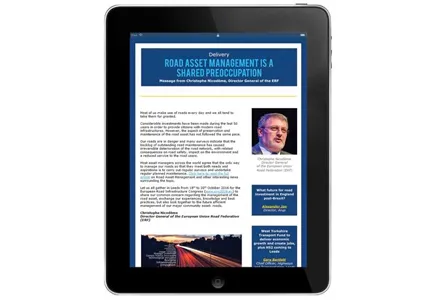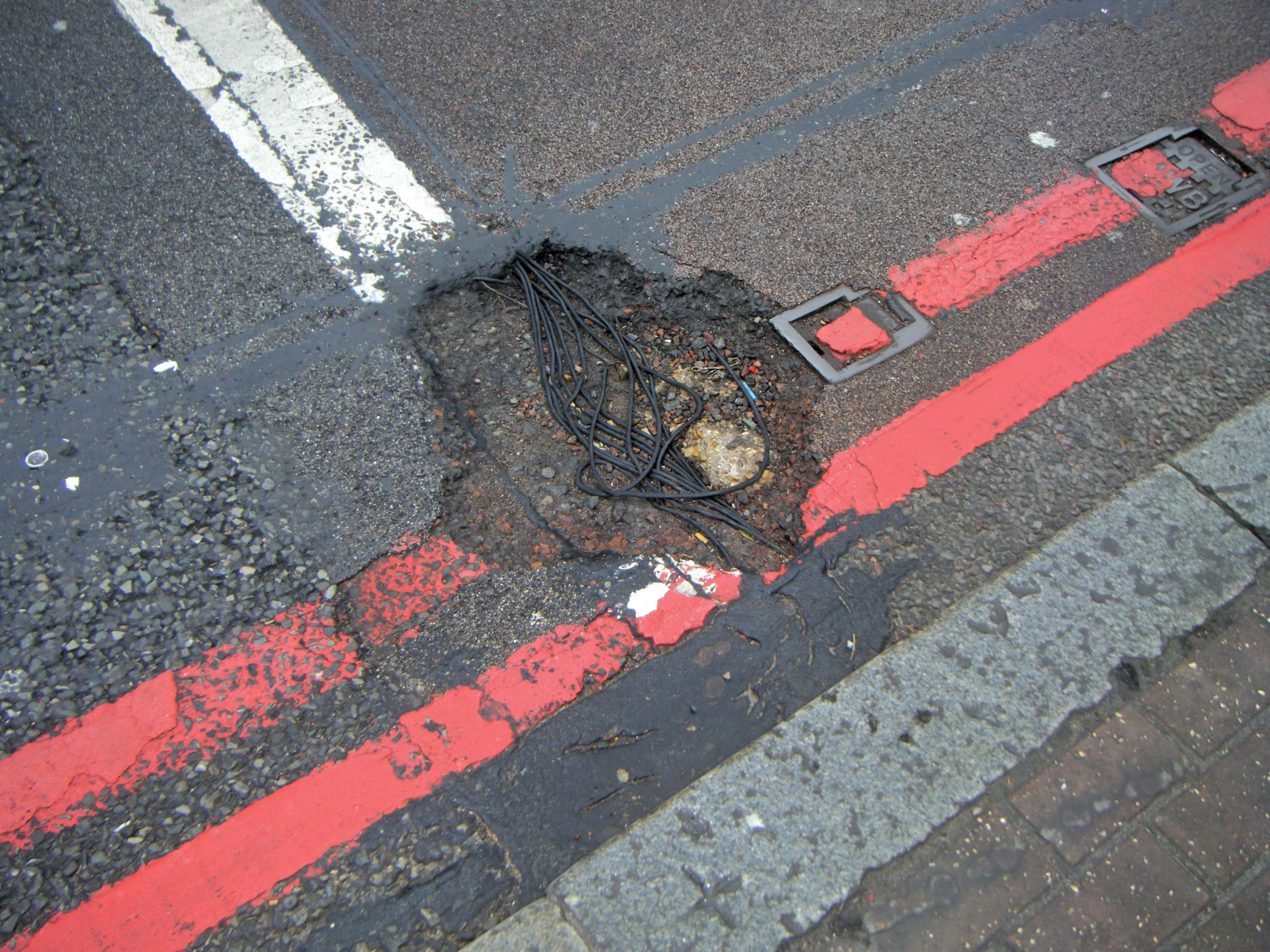
From 18th October to 20th October 2016, the European Union Road Federation (ERF), in partnership with the Road Safety markings Association (RSMA) will present the 1st European Road Infrastructure Congress (ERIC2016) in the Royal Armouries Museum in Leeds, UK
The City of Leeds, at the heart of the UK’s Northern Powerhouse Corridor has been chosen as the host for the 1st European Road Infrastructure Congress.
The
There is nowadays an overwhelming consensus that delivery and procurement models for road and its related equipment suffer from several shortcomings. To get true value for money there is a need to explore new concepts and models for the delivery of a safe and sustainable infrastructure that will look, among other things at key concepts.
The general theme of ERIC2016 is ‘Driving the road to European Prosperity’. The focus is on how to improve the products, solutions, services and delivery of Europe’s road system.
Attendees will hear policymakers, road authorities, academics, research laboratories and industry representatives from across Europe and other countries exchange good practices and present new research findings.
ERIC2016 will focus on existing legal frameworks across Europe concerning public procurement for roads and identification of good practices. It will also cover opportunities offered by the new legal and policy tools, such as the revision of the Directive for Public Procurement and voluntary Green Public Procurement Criteria.
And it will investigate how European standards can provide authorities and industry with common methodologies for assessing life-cycle of different road products. It will also investigate how authorities can make use of existing tools to provide industry with the right incentives in order to stimulate innovation. Other topics in focus will be lengthening the maintenance cycle for road projects as well as road user charging schemes and acceptability.
The programme will be structured around three major topics, the delivery of road infrastructure, safe road infrastructure and technology and adaptation.
In addition to public and private infrastructure managers, other actors are also concerned such as the academic sector. Universities will have the opportunity to openly discuss topics of R&D during four sessions specifically dedicated to them, as will industrial and professional organisations, and, of course, the members of RSMA and ERF.
Venue: Leeds, Royal Armouries Museum
Dates: 18th – 20th October 2016
A message from the Director General of the ERF
Most of us use roads every day and we all tend to take them for granted. Considerable investments have been made during the past 50 years in order to provide citizens with modern road infrastructures. However, the aspect of preservation and maintenance of the road asset has not followed the same pace.
Our roads are in danger and many surveys indicate that the backlog of outstanding road maintenance has caused irreversible deterioration of the road network, with related consequences on road safety, impact on the environment and a reduced services for the road user.
Most asset managers across the world agree that the only way to manage our roads so that they meet both needs and aspirations is to carry out regular surveys and undertake regular planned maintenance.
Let us all gather in Leeds, in the United Kingdom, from 18th to 20th October 2016 for the European Road Infrastructure Congress (%$Linker:








